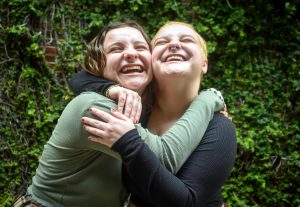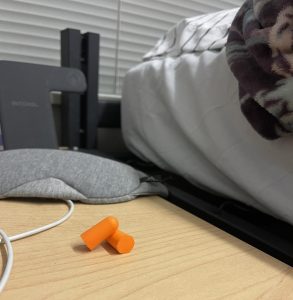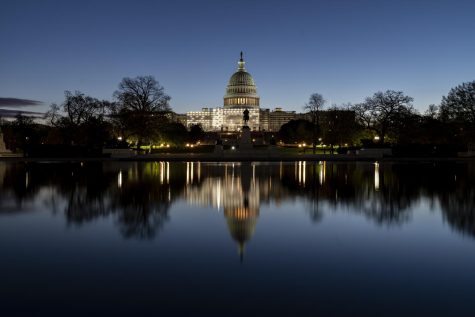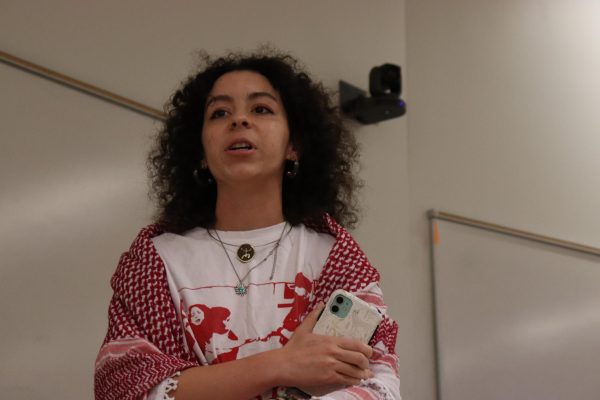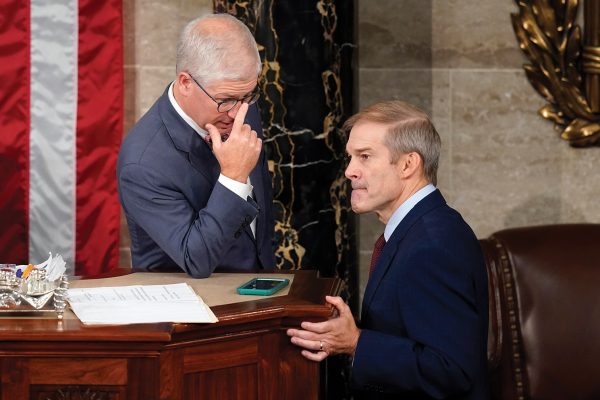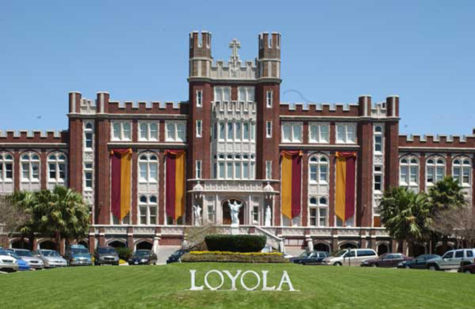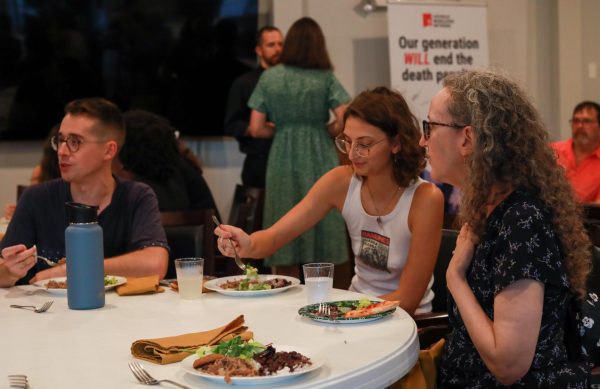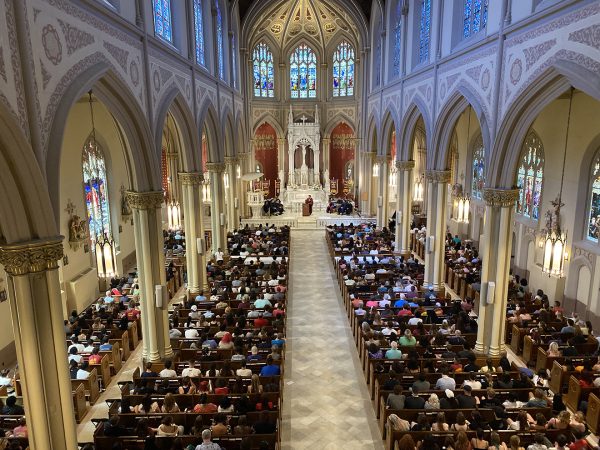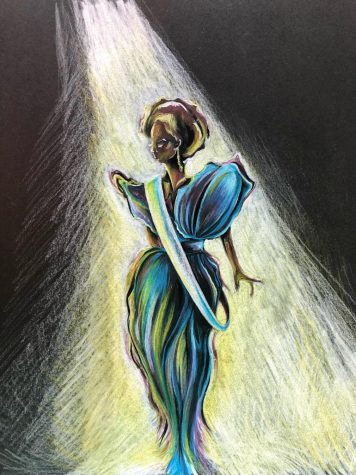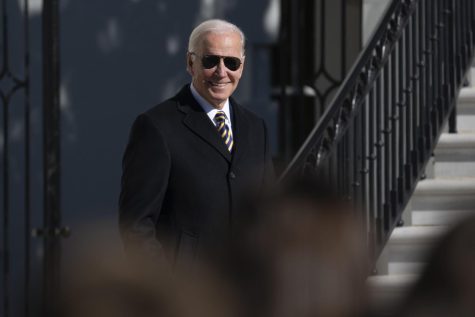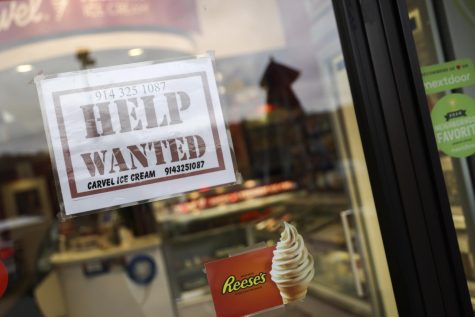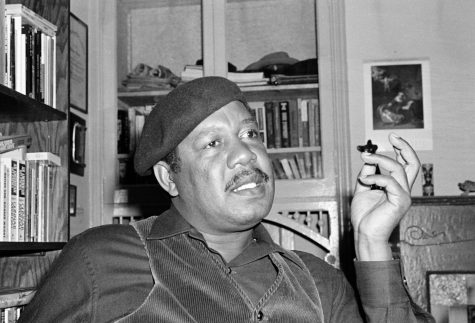Millennials show increased participation in the 2016 presidential elections
April 8, 2016
Contrary to popular belief that Millennials do not vote, Cate Tringali, philosophy senior, will be at the polls this November and every other time she has the opportunity to vote.
“I voted in 2012 and 2014, and I anticipate that I will vote in every election that I am able to. I believe voting is important because it affects the delegates’ decision on who to vote for in the election,”
Tringali said.
According to the Center for Information and Research on Civic Learning and Engagement, Millennials have taken a greater interest in the 2016 election in comparison to the elections of 2008 and 2012.
Abby Keisa, youth coordinator and researcher at Tufts University for CIRCLE, gave a possible reason for an increase of voting among
young people.
“When young people are contacted by parties and campaigns they are more likely to vote, and when a statewide election is competitive state youth turnout is higher. As a result, the competitive and media-heavy nature of the presidential primaries has likely impacted young people,” Keisa said.
Rachel Dufour, chemistry and psychology junior, said this election will be the first time that she
will vote.
“I think it is important as it acts as an incentive that keeps people engaged in politics. I am registered as an independent so I am unable to vote in my state’s primary. So, I keep a pulse on the politics but won’t decide who I vote for until much closer to election time,” Dufour said.
Even though voting is important, some Millenials doubt that voting helps.
According to the American National Election Studies’ Guide to Public Opinion and Electoral Behavior, 48 percent of the U.S. voting population in 2012 believed that people did not have a say in what goes on in the government.
Maurice Huff, mass communication freshman, does not believe
in voting.
“I am a person who refuses to vote. American politics is very polarized, and I believe that my vote and values are more complex than what I see common politicians debate about,” Huff said.
According to CIRCLE, young people between the ages of 18 and 29 make up 21 percent of the U.S. eligible voting population, or 46 million people. This outnumbers the 39 million seniors who are eligible to vote.
Nancy Thomas, director for the Institute for Democracy and Higher Education at Tufts University, explained the importance of voting.
“The obvious reason is that people who vote have a say in who represents them – which candidate they prefer. Elected officials will address the issues and respect the policy preferences of voters over nonvoters. They are simply more likely to consider and pass laws preferred by their voters,” Thomas said.
Sean Cain, associate professor of political science at Loyola, said that Millennials do vote; however, they do not really vote in the primaries—the time they definitely should vote.
“According to this year’s exit polls, 15 percent of the Democratic voters were age 18 to 29, the same as it was in 2008, while 12 percent of Republican voters were in that age group this year, compared to 11 percent in 2012 and 13 percent in 2008,”
Cain said.
Cain also said there is a correlation between those who feel they do not have a say in government and Donald Trump.
“Many voters are alienated from our government, and nearly half of the public think that they don’t have a say in what the government does. This year, these voters, when they do turn out, are strongly supporting Donald Trump,” Cain said.
Tringali said voting must work because of the way the race is going.
“If you have a say, utilize your opportunity to participate in the government. I am voting for Hillary Clinton because I think she is the most reasonable and prepared candidate,” Tringali said. “I believe voting can help. Clearly, Bernie Sanders and Donald Trump are not the candidates that either party would have picked and would not even have done so well without the
everyday voter.”





